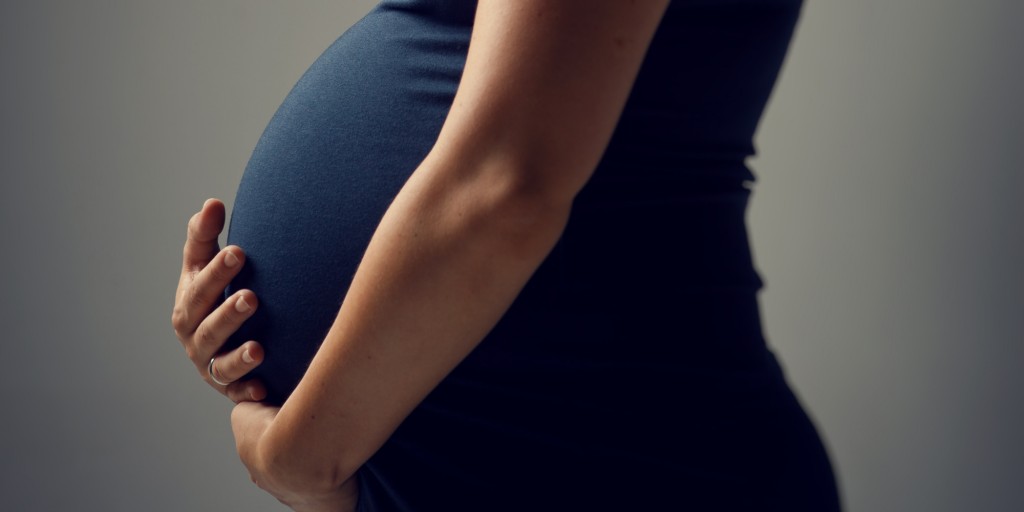When a person is trying to conceive, any unusual symptom is enough for the heart to go thumping. Waiting anxiously to see whether the two pink lines will appear this month can be tormenting, so, it is difficult not reading every cramp, twinge and extra entry to the bathroom.
Start of Pregnancy Symptoms
There isn’t any stringent rule with regard to when early pregnancy symptoms will begin. Most women begin noticing the first early signs of pregnancy a week or two after conception, while some feel their symptoms between four to five weeks after. That is when your period is obviously late or even later in pregnancy. A study published in the Journal of Clinical Epidemiology states that most women around 59% experienced an onset of pregnancy symptoms by the fifth or sixth week while 71% reported signs by the end of the sixth week and 89% by the eighth week.
According to Michele Justice MD, an ob-gyn at Inova Loudoun Hospital in Leesburg, Virginia, all women are not equal and don’t go through the same symptoms of early pregnancy. Therefore, don’t distress yourself if you begin to sense symptoms of early pregnancy immediately or later in pregnancy. Further, the 2nd pregnancy can be different to the first. Also, sometimes although you may experience something related as a sign of pregnancy, it’s not guaranteed that it could be a baby on board. The best way to confirm the pregnancy is to take a pregnancy test.
Some of the common signs of pregnancy are missed periods, morning sickness, food cravings and fatigue.

Missed Periods
Missed periods is one of the classic early symptoms of pregnancy and it is only natural for a person to feel excited if it’s late even by one day. Although the accuracy of the test increases with longer the wait, current new methods are able to detect HCG levels up to five days before the period is supposed to start.
Morning Sickness
The one hit followed by another of nausea and vomiting are traumatic pregnancy symptoms that could affect some women at the beginning of pregnancy. However, most of them experience it around six weeks. Morning sickness is unpredictable. Sometimes you are likely to be nauseous on an empty stomach, but the queasiness can occur at any time of the day.

Food Cravings
Craving for certain types of food is one of the most common symptoms of pregnancy, so it’s totally normal if you crave for Chinese food one minute and pickle flavoured ice cream the next minute.
No one will ever dream of eating pickles and ice cream but chances are that you might experience strong food cravings especially in the first trimester of your pregnancy.
Indulging in limited cravings are fine but intake of empty calories have to be watched especially if they are replacing important nutrients. Consider snacking on easy and healthy food that will give your body the required nutrients instead of devouring large quantities of ice cream.
Fatigue
Fatigue is a difficult early symptom to deal with. Sometimes you are likely to deal with total exhaustion throughout the first trimester.
This happens due to your body working overtime to ensure everything required for the baby’s growth throughout the whole term and further, the body produces extra blood to carry nutrients to the growing baby, blood sugar levels and blood pressure becomes lower and these mixed with high level of estrogen and progesterone are bound to make you tired and sleepy.


